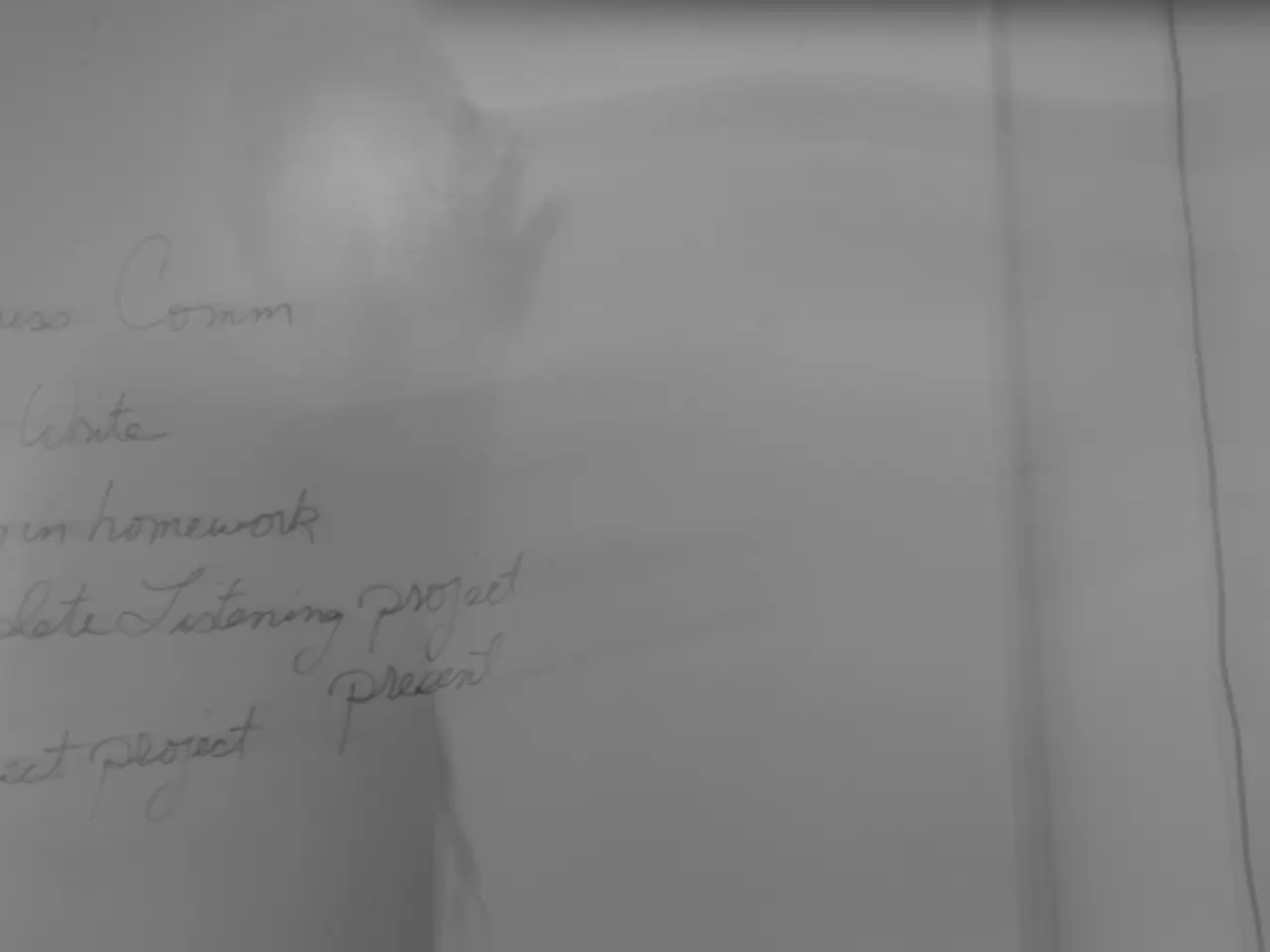Companies Face Tough Decisions: Layoffs and Price Hikes as Trump's Tariffs Take Effect.
======================================================================================
In the face of escalating tariffs under President Trump's trade policies, small businesses like KAVU True Outdoor Wear are adapting by diversifying and restructuring their supply chains, investing in predictive technology, and expanding or shifting manufacturing capabilities.
Barry Barr, the owner of KAVU, has been speaking to members of Congress about the effect of these policies on his business. The new tariffs have confirmed for Barr that he will have to raise prices and potentially lay off employees in the months ahead.
To mitigate the impact of tariffs, KAVU has been taking cost-saving measures. Barr froze his spending on marketing and prohibited his employees from traveling to see customers. He has also increased retail prices for KAVU's summer 2026 line by about 15% to 30% in anticipation of tariff rates settling around 10% for Vietnam and 37.5% for China.
However, Barr is concerned that the tariffs will make buying fabric and other raw materials from abroad too costly. He has not yet found a viable solution to move some production to factories in Central America.
Many companies are concluding that they can no longer afford to hold back in the face of Trump's tariff policy. KAVU is not alone in its struggles. On recent earnings calls with investors, companies like QVC Group, Allbirds, and Warby Parker have openly talked about their tactics to handle the escalating tariff costs, including increasing prices.
The U.S.' trade deal with Vietnam stipulates a 20% tariff on goods from the country, while Trump signed an executive order that would double tariffs on India, to 50%, beginning this month. India is facing 50% tariffs, and Trump also threatened to impose a 100% tariff on foreign semiconductors.
These tariff shocks are unlike anything seen in 100 years, according to Neel Kashkari, president of the Federal Reserve Bank of Minneapolis. Officials at the Federal Reserve are closely watching inflation and the labor market for signs that the tariffs are affecting the broader economy.
Businesses are primarily handling these costs by diversifying and restructuring their supply chains, investing in predictive technology and AI for real-time trade data and scenario planning, and expanding or shifting manufacturing capabilities either domestically or to countries with more favorable trade relations.
These strategies reflect a shift from reactive tariff avoidance to building long-term resilience and competitive advantage through strategic supply chain redesign, technology adoption, and operational flexibility.
Despite these efforts, the impact of tariffs on small businesses like KAVU is significant. Preseason sales for next summer came in 15% lower compared with sales for this summer season, and Barr is now worried he will have to raise prices even more, especially since Vietnam is subject to a 20% tariff and India is facing 50% tariffs.
Barr is concerned about the long-term effects of these tariffs on his business and the industry as a whole. He stated that what small businesses like his need to thrive is stability and not chaos.
Sports organizations may experience similar challenges as small businesses due to increasing costs from tariffs. For instance, they might need to adjust their production and procurement strategies for sporting equipment, potentially affecting the prices for consumers.
The escalating tariffs could prompt professional sports teams to seek new suppliers in countries with more favorable trade agreements, similar to how KAVU is considering moving some production to Central America.








